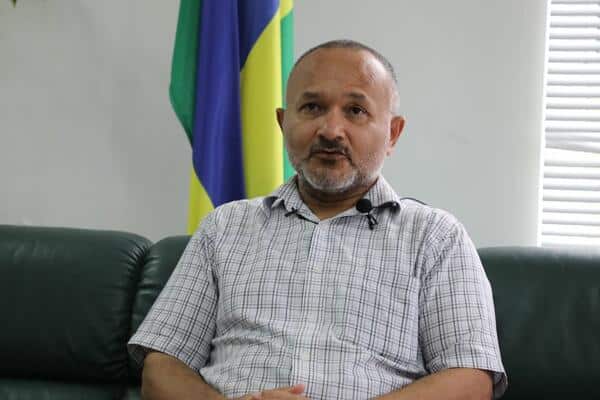Solomon Islands leader of Opposition Matthew Wale has revealed weaknesses in the Truth and Reconciliation Commission (TRC) Act.
Speaking in Parliament in Honiara this week, Wale said firstly there is a lack of a specified timeframe for the implementation of the TRC recommendations.
Wale said this has led to a delay of over a decade, an indication of a lack of political will by successive governments, undermining the TRC’s efforts and diluting the effect and time-relevance of its recommendations.
He said this delay has led to a sluggish integration of the key mechanisms required for both reparation and prosecution, as specified in the Commission’s recommendations.
“The urgent need for a Reparation policy and a monitoring body to oversee the Commission’s recommendations was significantly hindered,” he said.
The Opposition Leader said the immediate implementation of these measures were critical for addressing both short and long-term recommendations, especially given the degrading nature of the losses endured by the victims, their families, and communities.
Moreover, he said the delay casts doubts on the initial commitment towards organized reconciliation and healing, which was prevalent immediately after the ethnic tension.
“It forces us to re-evaluate our past actions and strategies before advancing on the implementation journey,” Wale said.
The Opposition Leader adds the second weakness arising from the delay is the lack of a coordinated reparation framework to guide Government in designing and implementing policies that address the Commission’s short-term recommendations.
He said this gap has allowed successive Governments to handle victims, perpetrators, and communities outside the Commission’s mandate, raising questions about the adequacy of these measures in ensuring true reconciliation, forgiveness, and healing.
Wale said there has been minimal focus on investigating the political climate, use of state power and resources, and the roles played by parliamentarians and militant leaders at the time.
“The lack of emphasis on incidents such as the raid of the armoury and the mission to the Weathercoast, which resulted in horrific human rights violations, highlights the need for expert advice to ascertain criminal responsibilities and provide clearer recommendations,” he said.
Wale said going forward it’s essential to critically evaluate these weaknesses and challenges, and adjust our approach accordingly to successfully implement the TRC’s recommendations.
Meanwhile, Member of Parliament for West Kwaio Hon Claudius Tei’ifi said successive governments to date have not addressed the root cause of the ethnic tension that led to the bona fide demands of the Guadalcanal people.
Speaking during the TRC Report Debate in Parliament, the West Kwaio MP said the issue of migration of people especially from Malaita and occupation of land in Guadalcanal must also be addressed.
Tei’ifi said in the last twenty years, there have not been any tangible plan and development for people of Malaita to remain in their villages and earn money.
He said this is because development is centralised in Honiara.
“Squatters occupied by Malaitans around Honiara, into Guadalcanal Province have increased tremendously than ever before the tension. New settlements by Malaitans from LDA Mamara in the West to Red Beach in the East have increased,” he said.
The West Kwaio MP said we cannot point fingers and blame the people because it reflects successive government’s inability to address matters that are important to peoples livelihood to retain them back in their villages.
“The pull and push factors that affects people to migrate is still not addressed. The uneven distribution of development by the government has been one of the main causes of the crisis,” he said.
The Opposition MP said for the past twenty years after the dreadful event of the ethnic tension, we have not seen any major development-taking place in Malaita for Malaita people.
He said road infrastructures in Malaita are still in ruins, we still use broken wooden bridges, and some major ports are still without proper wharves.
Tei’ifi said if land disputes are the major cause of concern for some prime sites for development in Malaita, the government should at least look at developing our key infrastructures.
“I believe if successive governments were serious, Malaita Province having one of largest road network in the country should have its main roads north to south, and central to east fully tar sealed, bridges and wharves constructed by now,” he said.
The West Kwaio MP said this itself will encourage and create an enabling environment for Malaita themselves to engage in socio-economic activities that will contribute immensely to improvement of their social and economic wellbeing.
“I believe Malaitans are ready. The government just need to change its approach and strategies. Acquisition of land for large scale development is not easy and always spark with disputes everywhere because of the mindset and perception that government always have millions to engage in these undertakings. When individuals or families are engage in their own small scale development, disputes are always almost zero,” he said. The Opposition MP has urged the government to rethink its approach and re-evaluate its reform policies.
